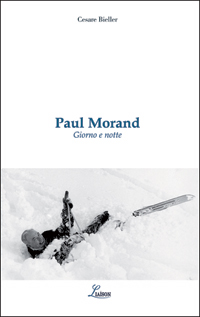
Robert Cooper, The Breaking of Nations. Order and Chaos in the Twenty-first century, Atlantic Monthly Press, New York, 2003.
Albeit this is not a most recent publication, it nonetheless deserves to be considered for its sweeping interpretation of today’s global predicament. In this small book of essays Robert Cooper argues that two revolutionary forces are transforming international relations: the breakdown of state control over violence, reflected in the growing ability of tiny private groups to wield weapons of mass destruction, and the rise of a stable, peaceful order in Europe that is not based on either the balance of power or the sovereignty of independent states. In this scheme, the Westphalian system of nation-states and power politics is being undermined on both sides: by a postmodern Europe and a premodern world of failed states and post-imperial chaos. Furthermore, Cooper explores how the West should cope with the encroachment of premodern violence. The American approach to such threats is hegemonic. The European Union, meanwhile, aims to expand outward to absorb threatening societies on its periphery. In Cooper’s view, neither approach is sustainable, and he seeks a synthesis that would allow the United States and Europe to confront threats together over the long haul.
Robert Francis Cooper was a British diplomat until 2002 when he assumed the role of Director-General of the Directorate-General E - External Economic Relations, Politico-Military Affairs at the General Secretariat of the Council of the European Union.
Born in 1947, he joined the Diplomatic Service of the Foreign and Commonwealth Office in 1970. As a diplomat, he has worked at various British Embassies abroad, notably those in Tokyo and Bonn. At the Foreign Office, he was Head of the Policy Planning Staff from 1989 to 1993. He was the UK’s Special Representative in Afghanistan until mid-2002. Since 2007 he has been a member of the European Council on Foreign Relations.
In 2004, Cooper was awarded the Orwell Prize for The Breaking of Nations.
(Marco Davi')










